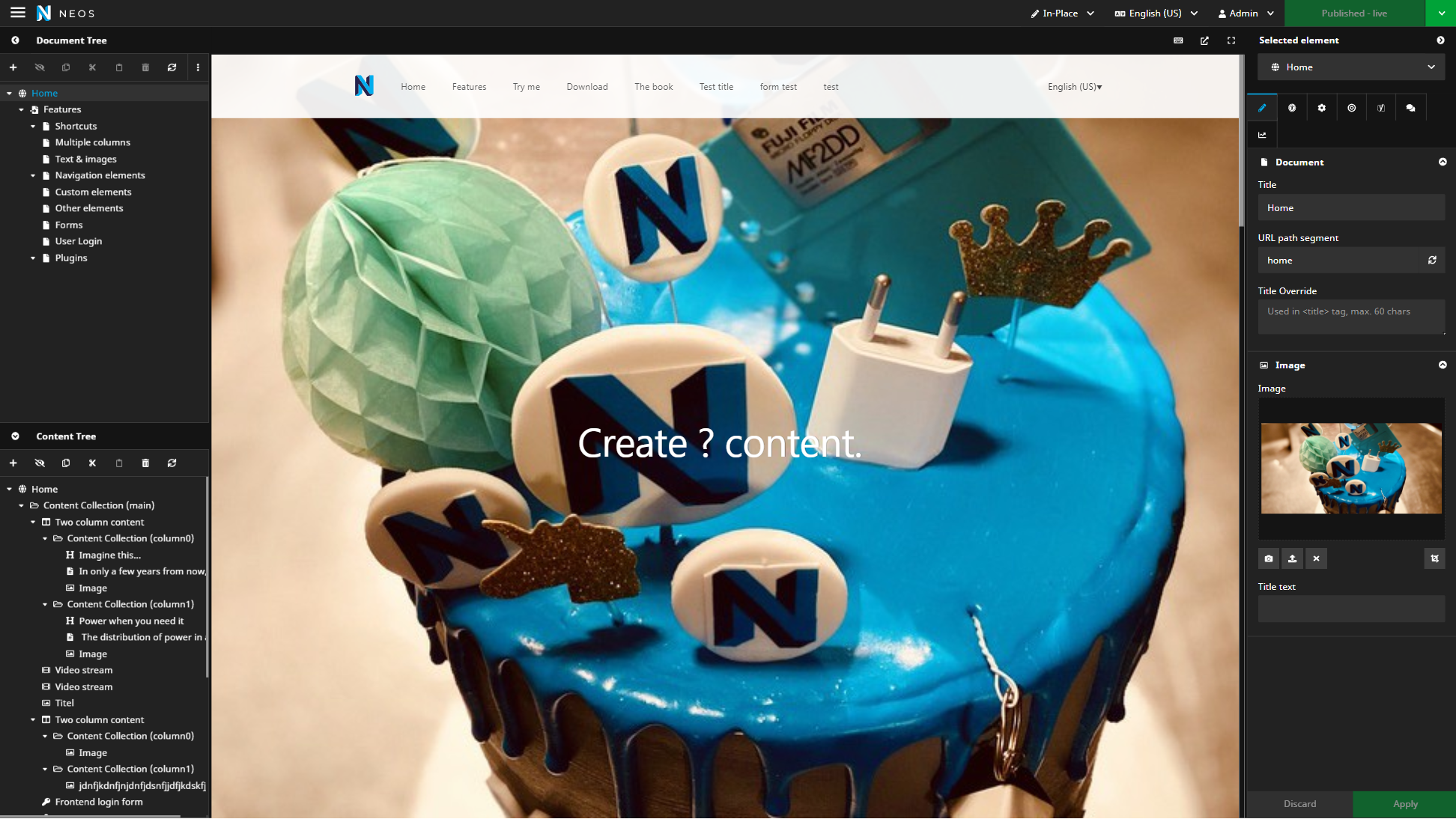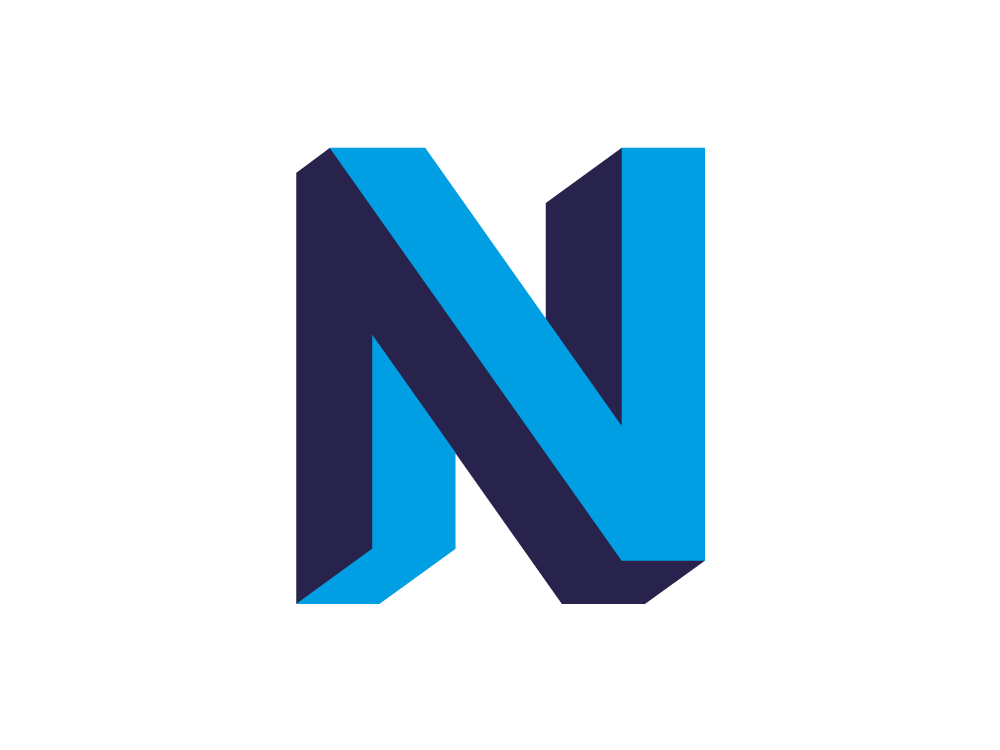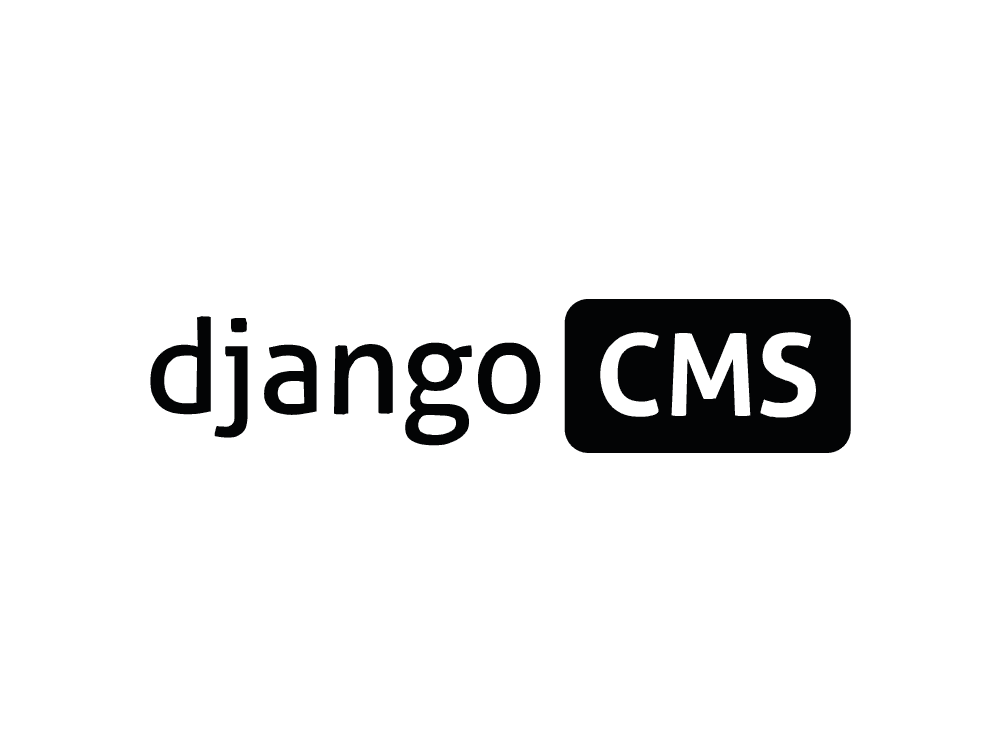Alternatives to WordPress CMS
WordPress is a free open source software for creating and managing websites and blogs. It is one of the most popular content management systems (CMS) and is used by millions of websites worldwide. WordPress allows users to easily create, edit and publish content without having extensive programming knowledge. It offers a wide range of features, including the ability to create custom themes and designs, add plugins to extend functionality, and SEO tools to improve search engine visibility. WordPress is used by businesses, bloggers, artists, individuals and organizations of all types to improve their online presence and share their contents with others.

WordPress offers many advantages and disadvantages:
- Usability
WordPress is very user-friendly and easy to use. The interface is intuitively designed and most of the functions are self-explanatory.
- Flexibility
WordPress is very flexible and can be used for different types of websites. There is also a large selection of themes and plugins that allow WordPress to be customized and extended.
- Community
WordPress has a huge community of developers, designers and users around the world. This community offers a wealth of resources such as tutorials, forums, and support groups that can help with questions and problems.
- Security
WordPress is a popular target for hackers and malware due to its popularity and wide distribution. Regular updates and security measures are important to protect the site.
- Scalability
Although WordPress is well suited for small to medium sized websites, it can reach its limits for very large websites. Some features like page load speed and server resources can cause problems.
- Limited control
Although WordPress is flexible, it can sometimes be difficult to control certain features and aspects of the website. Some developers find the platform too restrictive when they want to customize their websites.
Alternatives
Below we give you an overview of the alternatives to WorPress:
Conclusion
Choosing the right content management system depends on many factors, including the specific requirements of the project, the available resources and the technical expertise of the team.
WordPress is undoubtedly a powerful and widely used option, but it's far from the only one. As this overview shows, there are a variety of powerful alternatives, each with their own strengths and weaknesses.
- Neos CMS can be an excellent choice for organizations looking for an intuitive, flexible and powerful platform.
- TYPO3 is ideal for organizations that need to manage multiple websites.
- Drupal offers a high degree of flexibility and security, making it a good choice for complex and customized websites.
- Django CMS is an excellent choice for developers who work with Python and need a high level of customizability.
- Laravel offers the greatest flexibility and control for developers who want to create a custom solution.





